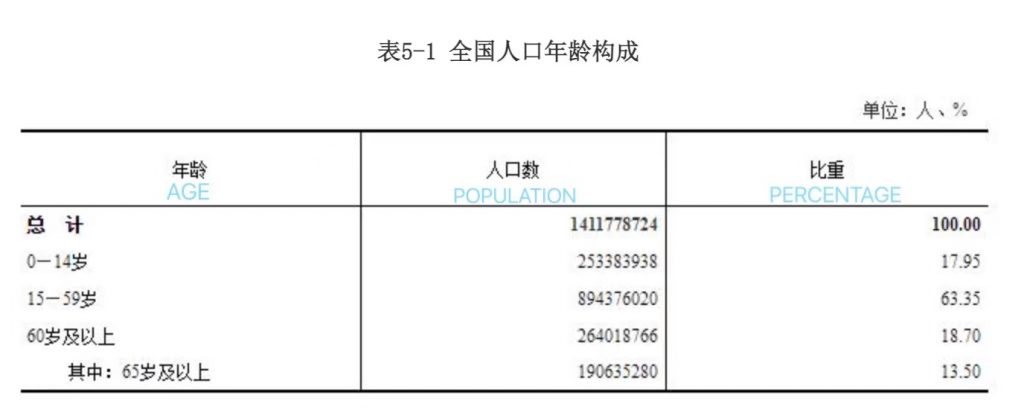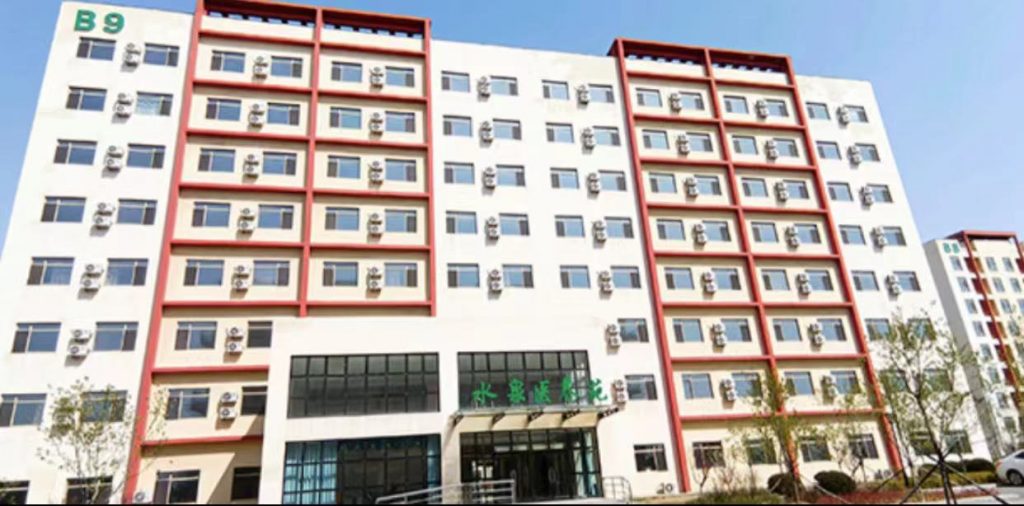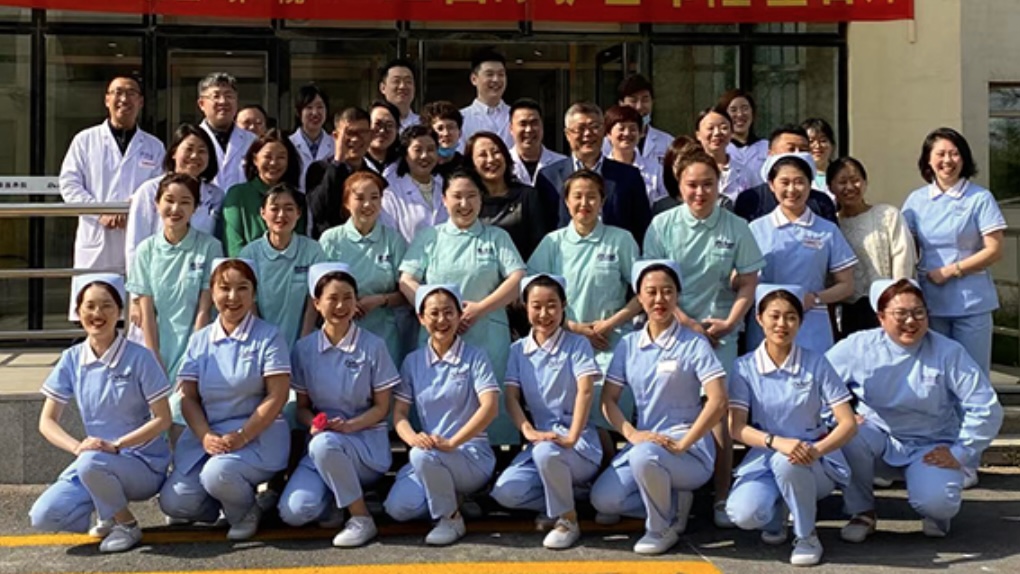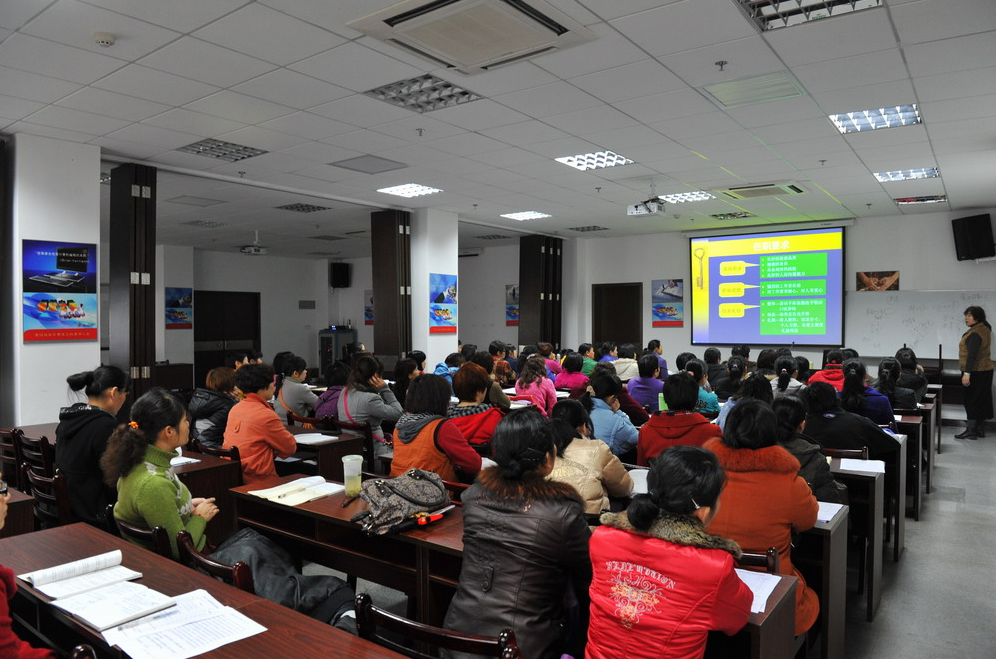As the aging population in China becomes increasingly serious, Chinese society is eagerly making new attempts to provide a better service for the elderly after their retirement.
In response to the latest Integrated elderly social care policy introduced by the Chinese government, how does new retirement home in the Northeast work? What are the difficulties encountered at the practical stage of the policy?
After only seven new cases appeared between 22 July and 4 August in Shenyang, the capital city of Liaoning province in northeastern China in 2021, Rui Ding has no choice but to keep her retirement homes in closed management under the latest government requirements.
The most important thing she needs to take action on is to issue a new regulatory scheme during this wave of epidemic. Rui Ding sits in her office shakes her head, sighs, then reads the government documents carefully, adjusts the operation plan according to each requirement, and gives the notice to all levels of employees. She arranges each task skillfully, as this is not the first time she has developed these cleaning and disinfection related tasks.
In order to protect all the old people living in Delan Retirement Homes in Shenyang, Rui Ding has to postpone or cancel many business meetings or government visits. Even relatives of the old people are not allowed to go into the retirement home to see them during the outbreak.

As one of the owners of Delan Healthcare Medical Group, Rui Ding is involved in managing a professional medical team of over 500 hundred people, 4 general hospitals and 19 retirement homes which provide medical service as well. She has taken on a huge amount of pressure since the pandemic began in Wuhan in January 2020.
In this difficult time, she felt very much helpless over the unavoidable financial expense due to the government’s efforts to control the Covid-19 and its strict control measures. Except for the staff who voluntarily stay in the Delan Retirement Homes in Shenyang during the closed management period, other employees who have to commute between home and the retirement home have to undergo tests twice a day – which cost roughly one hundred RMB per person per day in total.
After a long meeting, Ding Rui walks out of the meeting room, goes back to her office and sends a message to her finance department director – after discussion, all employees are free to choose whether or not to continue commuting, even if they need to get tested for Covid-19 every day, they will not be responsible for any costs. This cost will be a part of the operating cost, which is covered by Ding Rui and the other shareholders.
However, the government’s demands certainly put Rui Ding in a difficult position during the epidemic, but not only from a financial point of view. “I feel a huge responsibility on my shoulders since last year. We really need to behave well and be extremely cautious in terms of preventing the emergence and spread of Covid- 19 in our retirement homes, ” she says, “Because the people who live in our retirement homes are mostly elderly people, even some of them are in poor health, disabled or semi-disabled, who require very carefully care. And their children also have higher expectations of Delan Retirement Homes as one of the top integrated medical retirement homes which combine medical service and elderly daily care in Liaoning province.”
Delan Retirement Homes from Delan Medical Healthcare Group are actually are actually a new brand which were established after the Integrated elderly social care policy was launched by the Chinese government in 2015. The Opinions of the State Council on Accelerating the Development of the Elderly Service Industry states that “localities should promote the entry of medical and health care resources into elderly institutions, communities and residents’ homes”, in the hope of continuously improving the quality of life of the people, especially the elderly.
Peian Wang, the 2017 deputy director of the National Health and Family Planning Commission, explained at the policy briefing of The Information Office of the State Council, saying “The Chinese government hopes to successfully build a number of health care institutions or elderly care institutions that combine health care and elderly care services by 2020.”

According to data from China’s seventh population census released by the National Bureau of Statistics on 11 May 2021, there are currently 264.02 million people over the age of 60 in China, which represents 18.2% of the total population.This proportion has increased by 5.44 percentage points compared to the results in 2010.
China is facing a serious problem of ageing, which poses a more or less challenging task for everyone in society. There is an urgent need in modern Chinese society today to provide better services for the elderly so that their retirement is secure and they can enjoy their old age in a comfortable way.
For a long of time, China’s elderly care services can be divided into three main categories: Home-based care, which refers to the elderly living at home and being looked after by family members; Institution-based care, and community-based care, where the elderly person pays for services in a retirement home by themselves; Community-based care, on the other hand, means that the elderly live at home at night and continue to be cared for by their families, while enjoying day care, housekeeping and meal delivery provided by community-based care facilities during the day.
The Integrated elderly social care policy is a brand new attempt being made by the Chinese government to improve a new model of elderly care by linking elderly care institutions with medical resources.
“I feel really lucky sometimes,” Rui Ding, the owner of Delan Medical Healthcare Group, says, “The development process of the Delan is very much in line with the latest policy, and therefore we have received a lot of support from the government.”
When Ding Rui decided to start her first integrated retirement home in Shenyang, she was given a very good opportunity to work together with a Chinese state-owned company to set it up. The trust that people have in state-owned enterprises also reassures them about Rui Ding’s retirement home.

Now, the Delan Retirement Homes (Shuiquan Branch) is located in the Hunnan District of Shenyang, close to the Qipan Mountain National Forest Park and the World Expo Park. “The natural environment is so beautiful,” says Rui Ding.
As a premium nursing home, Delan is working hard to develop integrated medical and nursing services. The eight-storey white building with red decorations provides a total of 105 rooms with air conditioners and 194 beds for the elderly who have high medical needs. 85 medical and nursing professionals are providing services to the old people.
For the daily care service, the integrated retirement home, Delan, adopts a care model with a nursing staff of 1+4+3 on each floor, 1 head nurse, 4 nurses and 3 caregivers. Previous work experience in a hospital is a mandatory requirement. The head nurse will need to have worked in the same role in a hospital and the nurse will be expected to have clinical experience as a specialist nurse in a Grade IIA hospital with a Grade IIA qualification or above. In this way, the elderly can receive more professional assistance from a medical perspective.

Zheng Ge, the director of Delan Retirement Home (Flagship shop in National Games Village), says that all old people in every Delan retirement home have “a unique health report”. With the digital report, their children can check it at any time if they want to. Each elderly person is assessed prior to admission, including an assessment of their living ability and health status to determine the level of medical treatment required.
“We also have Chinese therapists coming in regularly to work with the elderly,” Zheng Ge says, “such as acupuncture, cupping, acupressure, etc.,” Now, she is also teaching herself Chinese massage and hopes to be able to offer this service to the elderly more frequently.
Rui Ding pointed out that unlike their retirement home in Dalian, another city in Liaoning, Delan Retirement Homes in Shenyang don’t offer only day-care services, because the integrated elderly social care services are so popular that the beds are often fully occupied.
However, there are potentially serious problems with the long-term development of Delan due to the high demand for medical resources and professionals in the integration of medical and nursing care, even as a large institution and an outstanding integrated retirement home in Liaoning Province. And these are the similar problems that the integrated elderly social care policy is facing when it is being rolled out in many parts of China.
Jianqiao Fang, representative of the National People’ s Congress (NPC) of China, said on two sessions in 2019 that the medical workers employed by the elderly institutions to carry out ‘Integrated elderly social care policy’ are mainly retired staff, and many college and university graduates are reluctant to engage in medical and nursing work in elderly institutions due to restrictions such as establishment and titles.
The lack of expertise and the difficulty of building a team of professionals are two critical weakness of the implementation of the Integrated elderly social care policy. This is also a problem that is difficult and hard to solve in a short time, and a concern for many representatives of NPC .

“We don’t have an admissions criteria in terms of education,” says Shiqi Shan, a director of a training school offering geriatric care courses in Shenyang, “We have a very diverse range of people who have just graduated from junior high school and need a certificate immediately to get a job, as well as those who want to do a bit of practical work with us after completing college.”
“Actually, the government does not have a strict degree requirement to limit the people who want to take the training and obtain the professional qualification for caregivers for the elderly.” Shiqi adds.
The current national law does not strictly require elderly care workers to have a qualification in order to work, so there are still a lot of under-professionals in the elderly care industry, leaving the development of integrated elderly social care policy facing tough challenges.
According to the rules of Ministry of Human Resources and Social Security of the People’s Republic of China (MOHRSS), those who wish to obtain a qualification in elderly care must attend a training course for caregivers for the elderly and pass both the theory and practical exams with a score of at least 60 out of 100.
Having a qualification through an examination can make candidates more competitive in the search for a job. But since there are no official regulations on the operational training that must be taught in training schools, the training candidates receive varies from one training school to another.
“There are also times when caregivers have to perform simple, non-invasive medical procedures,” Zheng Ge says, “such as regularly monitoring the elderly’s blood pressure on a daily schedule.”
In addition to the development and recruitment of talents, there is another situation that often causes staff working in integrated retirement homes to struggle – They are mentally stressed but do not receive professional psychotherapy at work. This is occurring even in the Delan retirement home, although it is one of the very best integrated retirement homes in Liaoning province.
Zheng Ge confesses that working with elderly people who have lost or almost lost their ability to look after themselves every day is a really stressful thing for her and her team. “Apart from caring for old people cautiously, we also need to deal with their children. This makes me feel mentally exhausted because of communication problems.” Zheng Ge says.
When the staff under her leadership experience psychological stress at work, she as shop manager often takes on the responsibility of comforting and counselling them. But when she encounters difficulties, she has to rely on communicating with her leaders, who are the managers of the Delan Healthcare Medical Group, not professional psychologists.
“When I see those elderly people struggling in their beds every day, I still feel extremely sad for them.”
